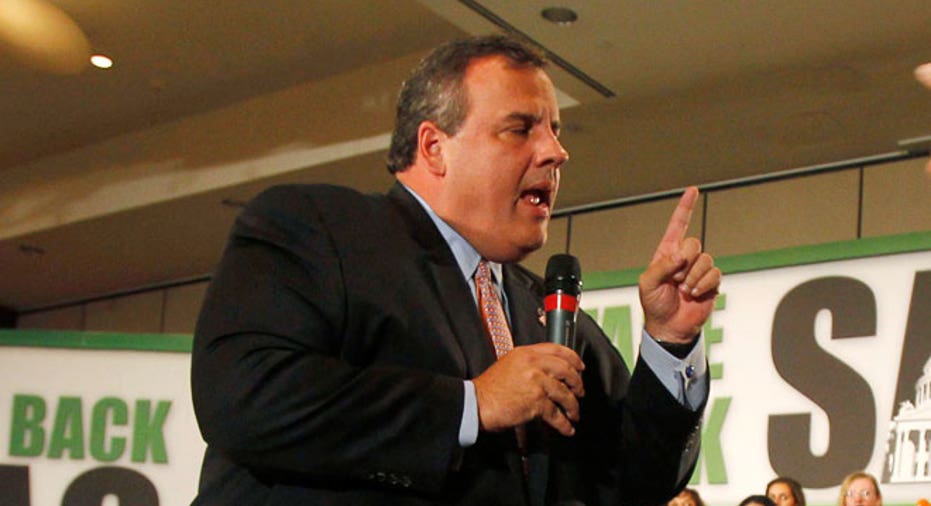Is Christie Off the Hook for the 'Bridgegate' Scandal?

New Jersey Governor Chris Christie is unlikely to face criminal prosecution for the "Bridgegate" lane closure scandal, even after two of his former associates were convicted for their roles in the scheme on Friday.
U.S. prosecutors have essentially conceded that charges are not forthcoming against the Republican, even though a key government witness testified that Christie was aware of the scheme as it unfolded in September 2013.
State charges are also a long shot, legal experts said. The Democratic-controlled state assembly might explore impeaching Christie, though that is no sure thing.
"Much as I do think this was an abuse of office, I think the potential remedy for that is a political one, rather than a criminal law one," said Stuart Green, a law professor at Rutgers University who has followed the case.
Christie was a rising political star before the scandal left his reputation in tatters. After his own presidential campaign failed, he became a key adviser to Republican nominee Donald Trump, and many observers believe he hopes to secure an administration post if Trump wins the presidency on Tuesday.
Christie's former deputy chief of staff, Bridget Kelly, and former Port Authority of New York and New Jersey deputy executive director Bill Baroni were found guilty on Friday of all counts in Newark federal court.
The pair were accused of closing down access lanes at the busy George Washington Bridge in Fort Lee, New Jersey, to create a massive traffic jam as payback for the town's Democratic mayor failing to endorse Christie's reelection campaign.
During the trial, David Wildstein, a former Port Authority official who pleaded guilty and cooperated with prosecutors, testified he and Baroni discussed the lane closures with Christie on the third day of the gridlock.
The governor, Wildstein said, laughed when he heard that Mayor Mark Sokolich was frustrated that his calls for help were going unanswered.
Kelly, meanwhile, testified that she discussed the lane closures with Christie a month before they occurred, though she said she thought they were part of a traffic study.
Prosecutors would not specifically explain why they decided not to prosecute Christie.
"I'm not going to answer the question of why I did or didn't pursue anyone in particular," U.S. Attorney in New Jersey Paul Fishman told reporters. "At the time, we indicted only the people who we believed had evidence beyond a reasonable doubt to convict."
Christie, who is barred from running for a third term, denied any involvement again on Friday. His term ends in January 2018.
"I had no knowledge prior to or during these lane realignments, and had no role in authorizing them," he said. "Anything said to the contrary over the past six weeks in court is simply untrue."
State prosecutors could pursue their own case against Christie, but Green, the Rutgers professor, said they have probably known about the evidence for some time and would likely have done so by now.
Last month, a judge referred a citizen's criminal complaint against Christie to a local prosecutor in Bergen County to decide whether it warrants criminal charges, though experts consider that unlikely.
Impeachment, which carries a lower standard of proof, is a more likely scenario, said Brigid Harrison, a professor of political science and law at Montclair State University.
But Democratic state lawmakers may prefer to leave Christie in office as a convenient punching bag and focus on trying to recapture the governor's mansion next year, she added.
"The reason why Democrats are not pursuing charges of impeachment already is they want to run against the Christie legacy in 2017," she said.



















